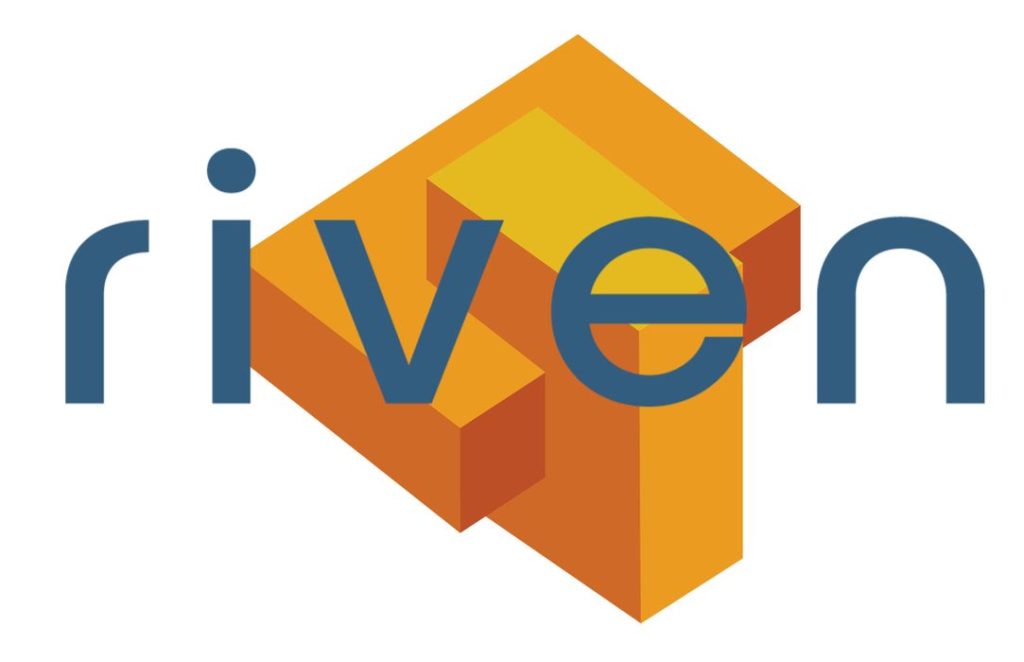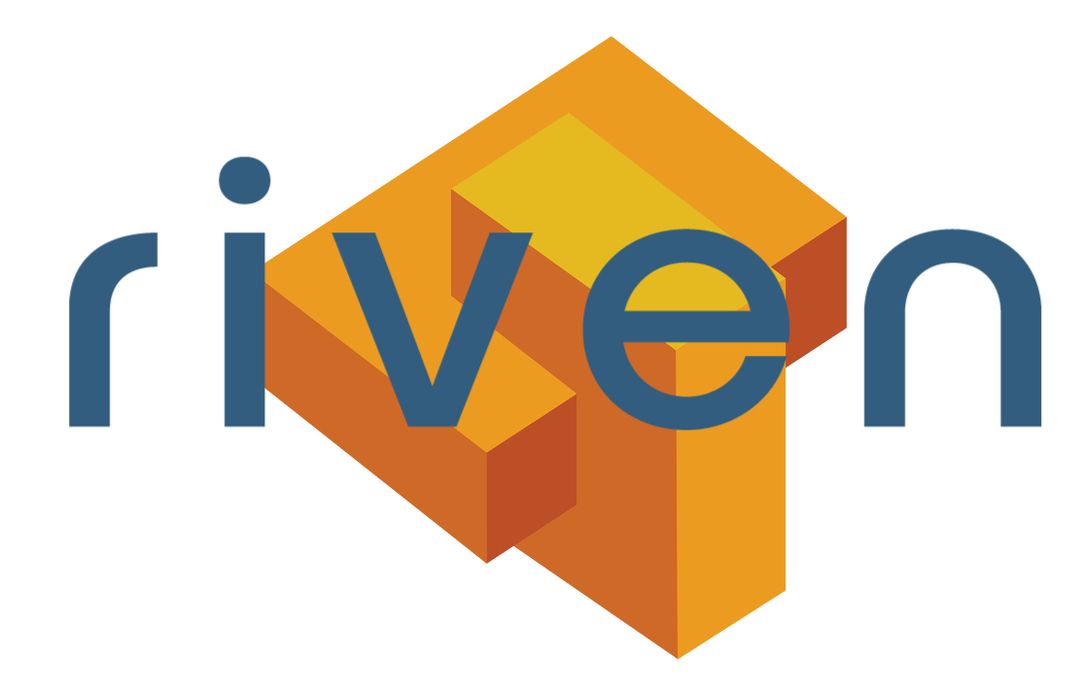
Authentise announced an intriguing partnership that should make their system quite a bit more powerful.
If you’re not familiar with Authentise, they are a cloud-based service providing workflow solutions for Additive Manufacturing. As the technology of 3D printing grows more deeply embedded in actual product manufacturing, there is a need to manage the entire lifecycle of production in a more sophisticated manner.
The days of rolling a 3D printer onto the factory floor and hoping it integrates with everything else that’s going on are long gone. In fact, that approach worked only for prototyping, and today’s increasing interest in using 3D printing for manufacturing purposes demands better solutions.
Authentise’s cloud provides a “data drive workflow management” system that they say could allow an AM operation to scale up considerably.
Scaling is the issue in manufacturing. It’s relatively easy to handle the production of a single machine; hobbyists do that every day. But in a proper manufacturing environment there are schedules to meet, dozens or even hundreds of machines in play and it simply requires a comprehensive management system.
Authentise has marketed their system for several years, and successfully so. But this week they announced a very interesting enhancement to the system: a partnership with Riven.
Riven is a startup providing a quality assurance function. They are able to collect data from a variety of sensors and determine if a manufactured part meets requirements. This is a critical function for any manufacturing business, and therefore should be included in any reasonable manufacturing workflow. See how they can fit in with Authentise?
But it’s more than that. Riven also provides an interesting function they call “WAM”, or “Warp-Adapted Models”. It’s a fascinating and incredibly useful function.
Warping, of course, is the nemesis of any 3D print operation. Due to thermal gradients, printed parts can distort, and this can make them unusable by customers. Warping can be counteracted by heating build chambers, but that’s not really fixing the problem in the very high temperature metal PBF 3D printers so often used for production purposes these days.
Warping is mostly inevitable in today’s metal 3D printing environment, so squads of engineers are employed to design ways to counteract warping with sophisticated job setups.
Back to Riven’s WAM: the system accepts as input a “raw” initial part produced by a 3D printer. This part likely has some warping of its structure, and that is observed by the WAM algorithms. Then WAM can automatically generate an alternative job setup that compensates for the observed warping!
This can ensure that parts produced are indeed to spec without much fuss.
The implication here is that anyone using Authentise for workflow management will gain access to this functionality, and thus simplify their work considerably. Better results, faster.
You can’t argue with that!
Via Authentise and Riven

